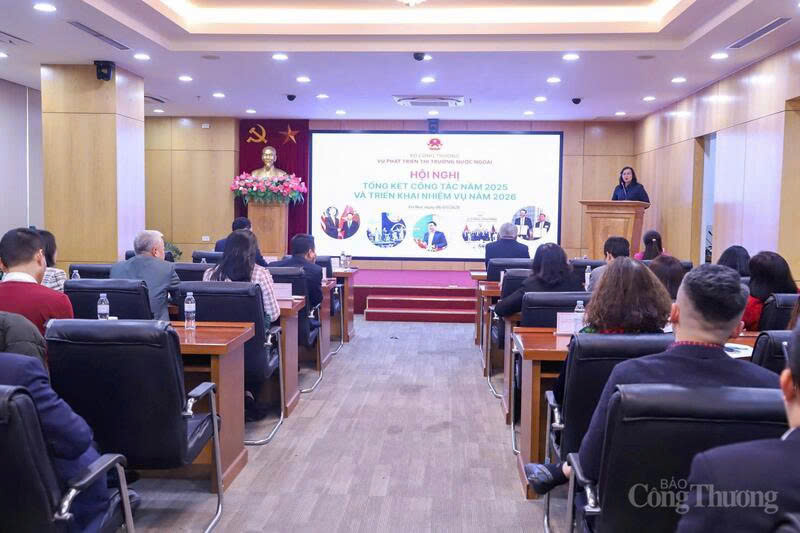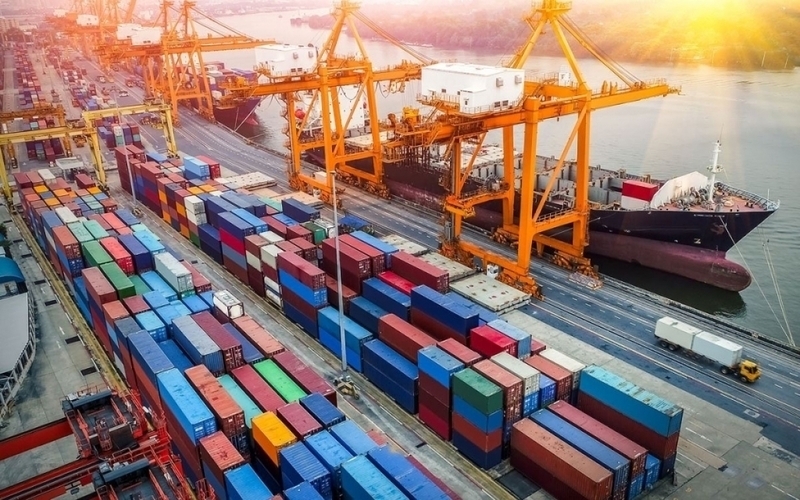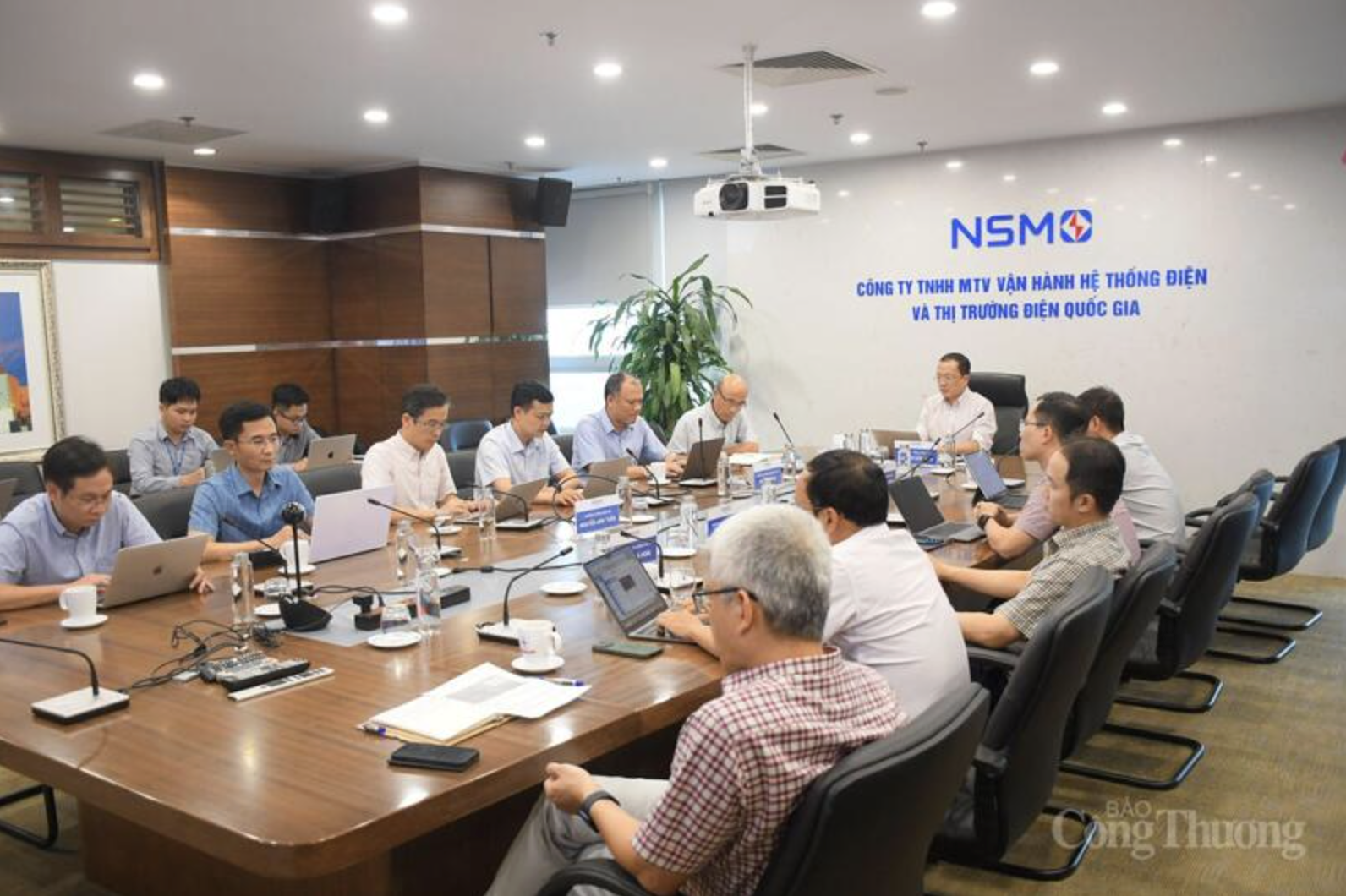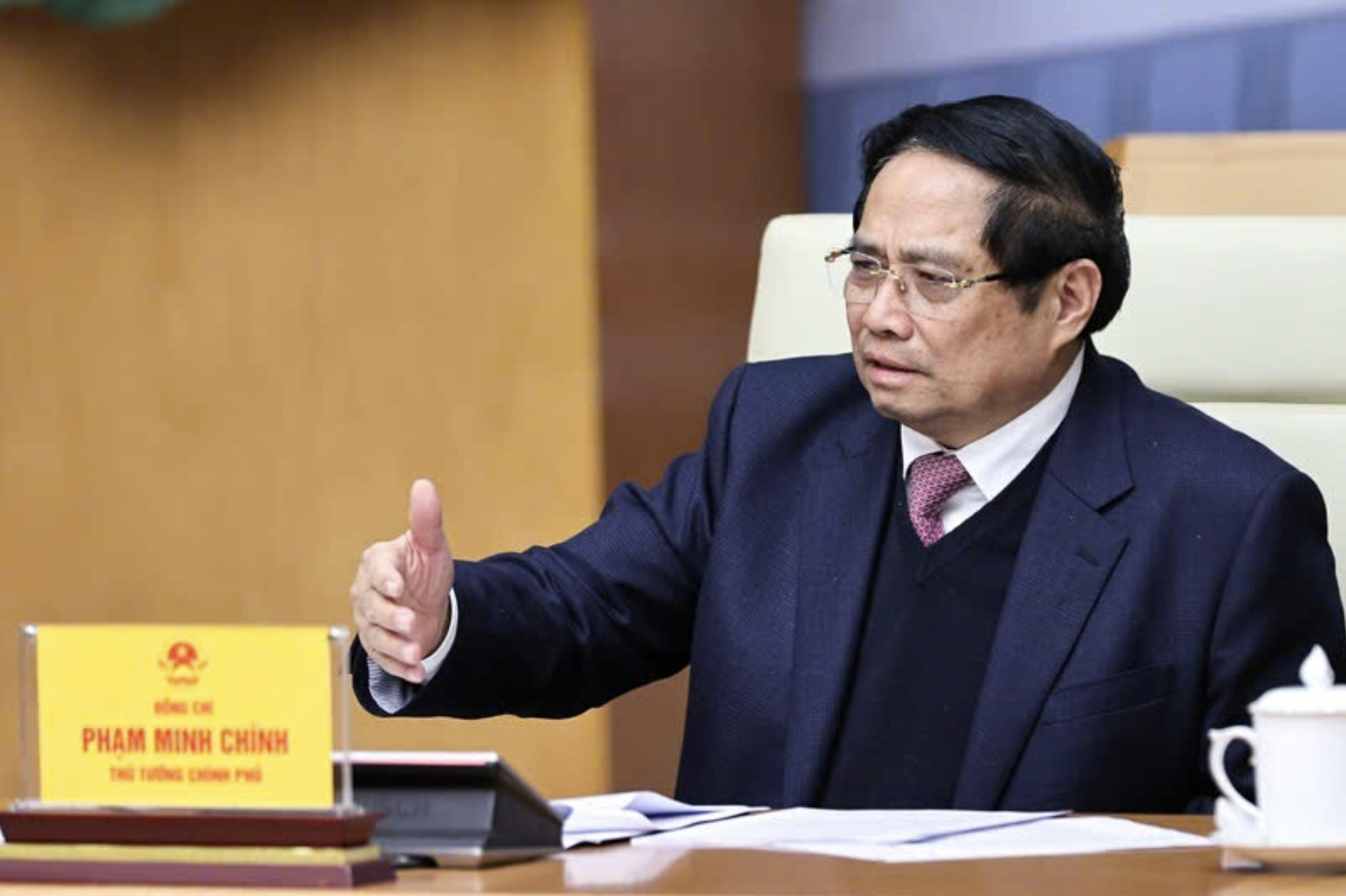
Stronger inter-agency coordination needed to drive export market growth
19:05 | 23/03/2025 15:39 | 07/01/2026News and Events
Prime Minister Pham Minh Chinh has directed the Ministries of Industry and Trade, Agriculture and Environment, and Foreign Affairs to establish specialized task forces to accelerate access to new markets and resolve obstacles related to existing free trade agreements (FTAs).
Resolutely implement solutions to strongly promote exports
The order was issued under Official Telegram No.221/CĐ-TTg, signed on November 19, 2025, emphasizing the Government’s priority to maintain macroeconomic stability and strengthen export growth.
Vietnam is required to consistently pursue its key objectives: keeping inflation under control, safeguarding major economic balances, and ensuring a favorable investment and business environment to support fast and sustainable growth. The Prime Minister instructed agencies to harmonize monetary, fiscal, and macroeconomic policies to maintain stability and support economic expansion.

The Prime Minister directs to focus on prioritizing maintaining macroeconomic stability and promoting exports. Illustrative photo
The State Bank of Vietnam must continue implementing proactive and flexible monetary measures while tightening oversight to channel credit into production, priority sectors, and growth drivers, ensuring credit quality and controlling bad debts. Exchange rate and interest rate management should remain aligned with market conditions to support business operations and investment.
The Ministry of Industry and Trade is tasked with aggressively driving year-end export growth, particularly to capture rising consumption demand in international markets during Christmas and New Year. The ministry must expand trade promotion, diversify products, markets, and supply chains, and accelerate negotiations for new trade agreements with partners such as the GCC, Pakistan, Egypt, MERCOSUR, and Algeria. It is also tasked with advancing talks on a reciprocal trade agreement with the United States.
Vietnam’s overseas trade offices are instructed to enhance support for domestic companies, assist localities and industry associations in leveraging existing FTAs, and provide updated market information, trade promotion services, and business matchmaking.
The Ministry of Finance will continue implementing expansionary yet targeted fiscal policies, adjust export–import tax rates to align with Vietnam’s integration roadmap, and propose support measures for firms affected by US reciprocal tax policies. Customs authorities must strengthen quality control, prevent substandard imports, and combat intellectual property violations and origin fraud.
The Ministry of Agriculture and Environment will intensify efforts to combat IUU fishing, address the EU’s “yellow card,” invest in fisheries infrastructure, and promote digital transformation in the seafood industry. It will also speed up market-access negotiations and mutual recognition of food safety standards to open more markets for Vietnamese fruits and vegetables. The ministry is instructed to develop geographical indications, product branding, planting-area codes, and robust traceability systems.
The Ministry of Foreign Affairs is tasked with expanding economic diplomacy and supporting Vietnamese enterprises in export, investment, and overseas business operations. Vietnam’s diplomatic missions must strengthen connections with localities, associations, and enterprises, while closely coordinating with GCC member states to build consensus for the Vietnam-GCC FTA.
Task forces to unlock new markets
The Ministries of Industry and Trade, Agriculture and Environment, and Foreign Affairs will establish task forces dedicated to expanding new markets, including the Middle East, Africa, and Latin America. The teams will also address challenges linked to existing FTAs and accelerate negotiations for new agreements expected to be finalized by late 2025 and early 2026 with partners such as Pakistan, Kuwait, Brazil, South America, and Algeria.
Provincial governments are instructed to proactively identify difficulties facing local exporters and implement timely solutions. Localities with agricultural exports via land borders must regularly update farmers and exporters on border gate conditions to avoid congestion and minimize risks.
State-owned corporations and export enterprises must adopt flexible business plans for year-end export activities, strengthen technological adoption, invest in branding, improve product quality and competitiveness, and expand markets, product lines, and supply chains.
From January to October 2025, Vietnam’s macroeconomic indicators remained stable, with inflation under control and major economic balances maintained. Total trade turnover reached USD 762.4 billion, up 17.4% year-on-year. Exports were valued at USD 391 billion (+16.2%), imports USD 371.4 billion (+18.6%), generating a trade surplus of USD 19.6 billion.
However, given the complex and unpredictable global environment, the Prime Minister stressed the need to further accelerate exports to help Vietnam achieve its 2025 GDP growth target of above 8% while maintaining macroeconomic stability.

19:05 | 23/03/2025 15:39 | 07/01/2026News and Events

19:05 | 23/03/2025 15:38 | 07/01/2026Industry

19:05 | 23/03/2025 15:38 | 07/01/2026Industry

19:05 | 23/03/2025 15:37 | 07/01/2026Industry

19:05 | 23/03/2025 15:36 | 07/01/2026News and Events